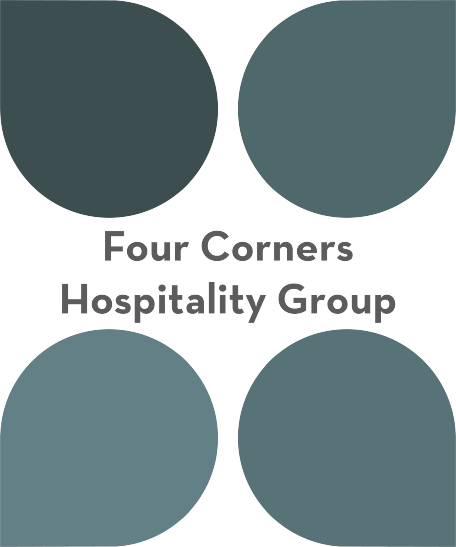Choosing the Right Hotel PMS: Considerations and Best Practices
The investment in capital expenditure and time is significant when implementing a new PMS, making the selection process critical to ensure the right fit for a hotel's individual requirements. It's important not to simply choose a PMS based on previous experience; it might not provide the desired integrations to future-proof your tech landscape.
One key area is to speak with other hoteliers who have onboarded with the vendors on your shortlist. This will give you a good sense of their level of service during and after implementation. Some PMS providers offer end-to-end solutions encompassing additional software for areas like point-of-sale (POS), spa, and golf. While convenient, these may not always be best-in-class solutions. If you're seeking best-in-class for every operational department, you'll likely need multiple integrations, which can be costly to set up and maintain. In such cases, it's essential to determine which vendor will take ownership when issues arise.
When considering top priorities, many hoteliers and marketers aim to evolve the hotel technology ecosystem, placing guests at the centre. This makes the Customer Relationship Management (CRM) system one of the most critical factors when selecting a PMS. The CRM could be part of the PMS itself or a single or two-way integration. Either way, it's crucial that every guest interaction is captured in their profile to ascertain their buying habits and value to the business. This has traditionally been an issue for on-premise PMS solutions.
Research published by Siteminder in January 2024 indicates that almost 60% of all hotel bookings are now made online, and Online Travel Agencies (OTAs) make up the top two revenue-generating positions in 79% of major destinations. They predict that online sales in the hotel segment will generate 80% of total revenue in three years, with the top five revenue-generating channels for hotels in the UK being Booking.com, Expedia, hotel websites, hotelbeds, and global distribution systems (GDS).
While OTAs generate significant revenue, they come at a cost. Should hoteliers invest that money in driving more direct business, leading to a more profitable business model in the future? Many brands deliver a decent level of direct business, especially in international destinations where global travelers seek reassurance. However, for independent operators, there are several smart hotel software management tools that can help entice guests to book directly and increase guest spending.
First and foremost, it's crucial to regularly review your online booking journey and compare it to major OTAs. If their sites are easier to book on, offer better rates or value, or have more enticing content, it's time to revisit your website and booking engine.
For independent operators seeking to increase direct business, targeted online marketing campaigns are necessary, but various tools can also bolt onto existing infrastructure to aid conversion and boost spending. Many of these tools are enhanced by Artificial Intelligence (AI). For example, a chatbot on the front end of a booking engine/website can answer simple questions about hotel services and suggest additional services and activities, increasing booking value. This technology can also assist guests during their stay.
According to a recent article by Mara, 55% of hoteliers believe AI will revolutionize the hotel industry, but 59% cite the lack of technical expertise as the main challenge in implementing AI. However, AI's use is growing behind the scenes in hotels, with businesses increasingly turning to technology to automate processes, saving time and allowing teams to focus on other areas.
At one of our assets, we analysed the number of manual processes in the reservations department and found over 500 tasks undertaken in a single week that we're now working to automate. This will significantly impact the team, allowing them to focus on enhancing the guest journey.
While hoteliers, especially in five-star environments, may resist implementing technology – after all, our teams are our greatest asset and deliver exceptional service – it's often about giving guests a choice. Many guests welcome pre-arrival communications to book add-on services online at their convenience, especially when traveling across time zones. However, the booking experience for these services must be seamless to exceed guest expectations.


